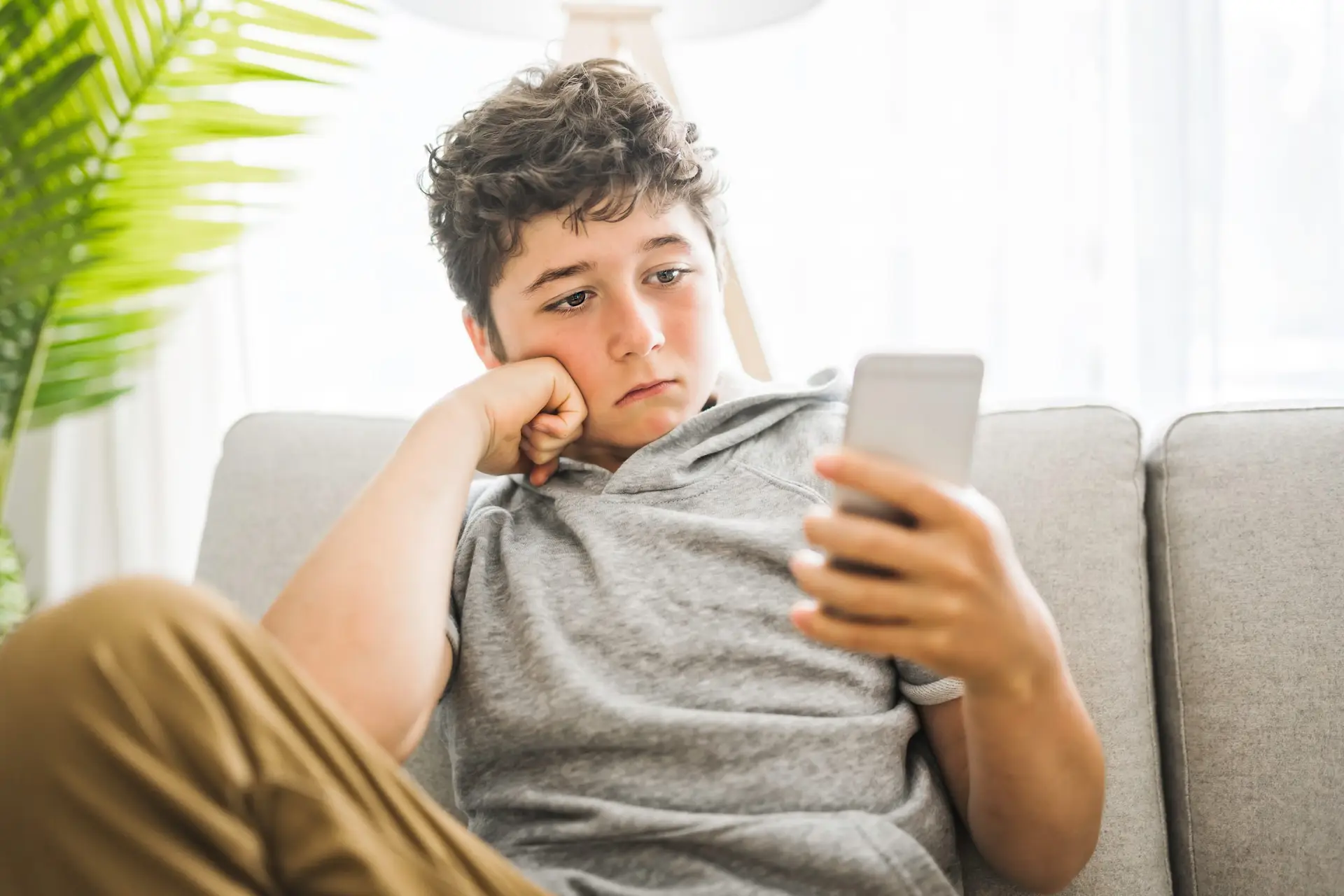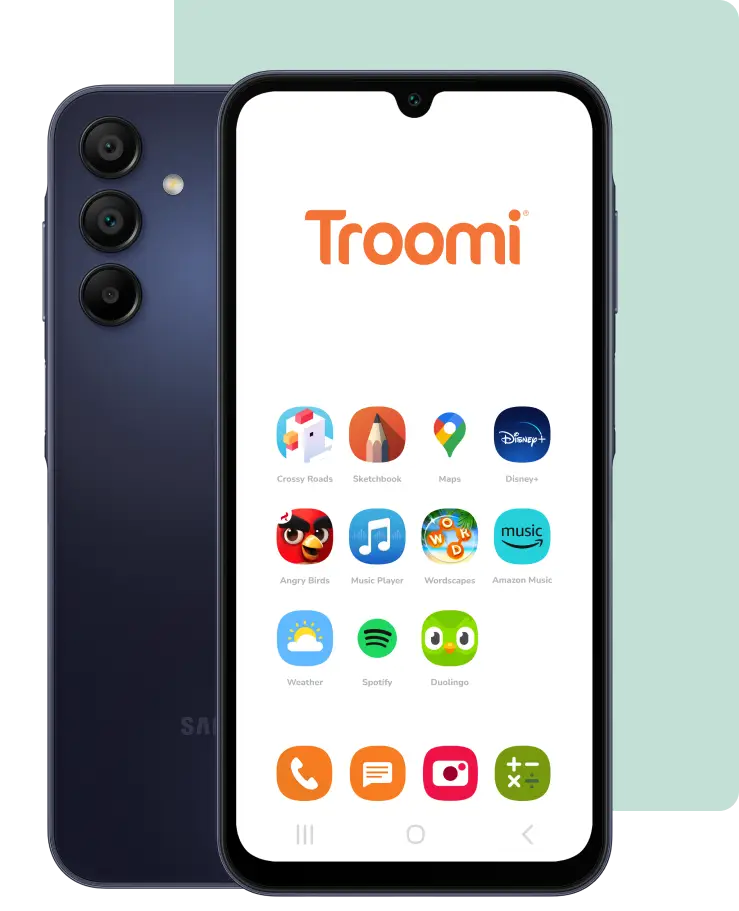Man, I miss the early days of social media. Chronological feeds, fewer ads (if any at all), and posting for the fun of it—not to reach a certain number of “likes” or align with an “aesthetic.”
The platform I miss the most? Pinterest.
I clung to Pinterest the moment I found it. I’d always been crafty, a lover of quotes, and on the hunt for the next trends in hair and fashion. Consequently, I was exactly the demographic Pinterest was targeting.
And it worked! To this day, I’m still using the same account I created over 10 years ago. Well, when I actually use it, that is.
Pinterest just isn’t what it used to be, you know? Like most social media platforms, Pinterest is plastered with ads. It’s become increasingly more difficult to find the things I’m looking for, especially after their adoption of “story” posts and short videos.
My so-so views of the platform aside, the usability isn’t the only thing that’s changed since Pinterest launched in 2010—concerns relating to child safety are always worth bringing to the table, too. If your child is looking for a fun craft project or new hairstyle to try, is Pinterest a safe platform for them to browse? I dove in headfirst to find out.
Unpredictable Search Results
There’s no way to know for sure what you’ll see when you search for something on Pinterest. Like a Google search, a Pinterest search utilizes an autocomplete feature to predict what you might be looking for. Designed to save time and aid your search, what it often does instead is interject search terms you never intended to search in the first place.
To put this to the test, I typed “marriage” into the Pinterest search bar. I selected one of the many autocomplete results—“marriage advice”—and soon enough, my scrolling led me to pins (or posts) like “naked movie night,” “benefits of cuddling naked,” and “how to fulfill your husband’s sexual needs.”
As an adult woman pushing 30, I can easily scroll past this content and react with nothing more than a grimace, chuckle or an eyeroll. But for a young teenager who’s innocently building a Pinterest board (a collection of related pins) of dream wedding ideas, this could quickly become a problem.
Inappropriate and Harmful Content
Sexual Content
While your child shouldn’t run into explicit sexual content on Pinterest (it’s a violation of their Community Guidelines), it’s not completely preventable.
By carefully avoiding the use of tags and keywords that would automatically flag and prevent inappropriate content from being posted, any Pinterest user can post just about anything. Even if the content isn’t allowed, it won’t be removed unless it’s reported by those who see it—and at that point, the damage is already done.
To test this, I searched “sex positive,” thinking the term “sex” would result with a reminder of Pinterest’s policies (this is what happened when I searched “porn”). Only a handful of pins in, I was already seeing “kink” content, a lot of profanity, and some pretty detailed diagrams. And, to my surprise, “sex” was an approved search after all! While I didn’t see any pornography, what I did see was definitely not okay for kids. (Let’s just leave it at that.)
Content Encouraging Harmful Behaviors
Sexual content isn’t the only concerning content on Pinterest. The platform has long been accused of fostering an environment that romanticizes eating disorders, self-harm, depression, and suicidal thoughts.
The good news? Thanks to their compassionate search experience, Pinterest will intervene when users search for things that could indicate they’re feeling down. When I searched “depression quotes,” for example, my first result encouraged me to check out Pinterest’s emotional health resources. And when I searched “suicide,” the only result I received was a button to call the 988 Suicide & Crisis Lifeline.
While I can say with confidence that Pinterest is making important and necessary changes in this department, there’s always room for improvement. Until the first autocomplete result to searching “dep” is no longer “depressional quotes deep sad alone,” more work needs to be done.
Ads, Ads, and More Ads
The ads you see on Pinterest aren’t just annoying—they’re potentially unsafe, too.
Paid for by companies targeting your interests, these third-party ads look like any other pin on Pinterest. (I mistake ads for regular ol’ pins all the time.) Whether your child accidentally clicks on or tries to save one of these pins, they’ll be taken to whatever website the advertiser linked to the pin.
While this will typically take you to a page where you can purchase what was being advertised, you won’t know until you click. Your child could instead be led to inappropriate content, scam sites, or malware. It’s not a risk worth taking!
Problems with Privacy
When you create a Pinterest account, your privacy settings will be selected for you. Despite having an account for over 10 years, I just discovered my privacy settings did not match my preferences!
What do these privacy settings include? Well, your data privacy—because that’s the most valuable information any company can get from you. Unless you indicate otherwise, Pinterest will track your activity on the platform and share it with third-party advertisers. They call it “data personalization,” I call it “cyberstalking.”
Beyond the distribution of your data, Pinterest has a few features that may prove to be more questionable than constructive for your child. Boards can be made secret, meaning whatever they contain is not visible to the public. Only your child and the people they invite to view the board can see what’s there.
People can also exchange messages on Pinterest. While it’s a quick and convenient way to share pins with friends, any platform with a messaging feature opens the door to communication with strangers and cyberbullying.
Lack of Parental Controls
Aside from manually adjusting your child’s privacy settings, there’s not much you can do within the platform to keep your kids protected.
You can fine-tune your child’s feed and content preferences. You can even manually filter comments on your child’s pins that contain certain words or phrases! But other than that, Pinterest’s parental controls leave much to be desired.
The Verdict
Is Pinterest safe for kids? No, not really.
When used on a desktop or laptop computer with parental guidance, it can be a great resource for kids who want to find new ways to express their creativity, try a new recipe, or learn a new skill.
But unfortunately, it’s not a platform you can completely trust to keep your child safe.
How can your child find inspiration instead? They can head to their local library for books about their hobbies and interests, experiment with apps designed to encourage their creativity, or visit a kid-friendly blog!There are all sorts of ways you can cultivate creativity in your child—without Pinterest.


